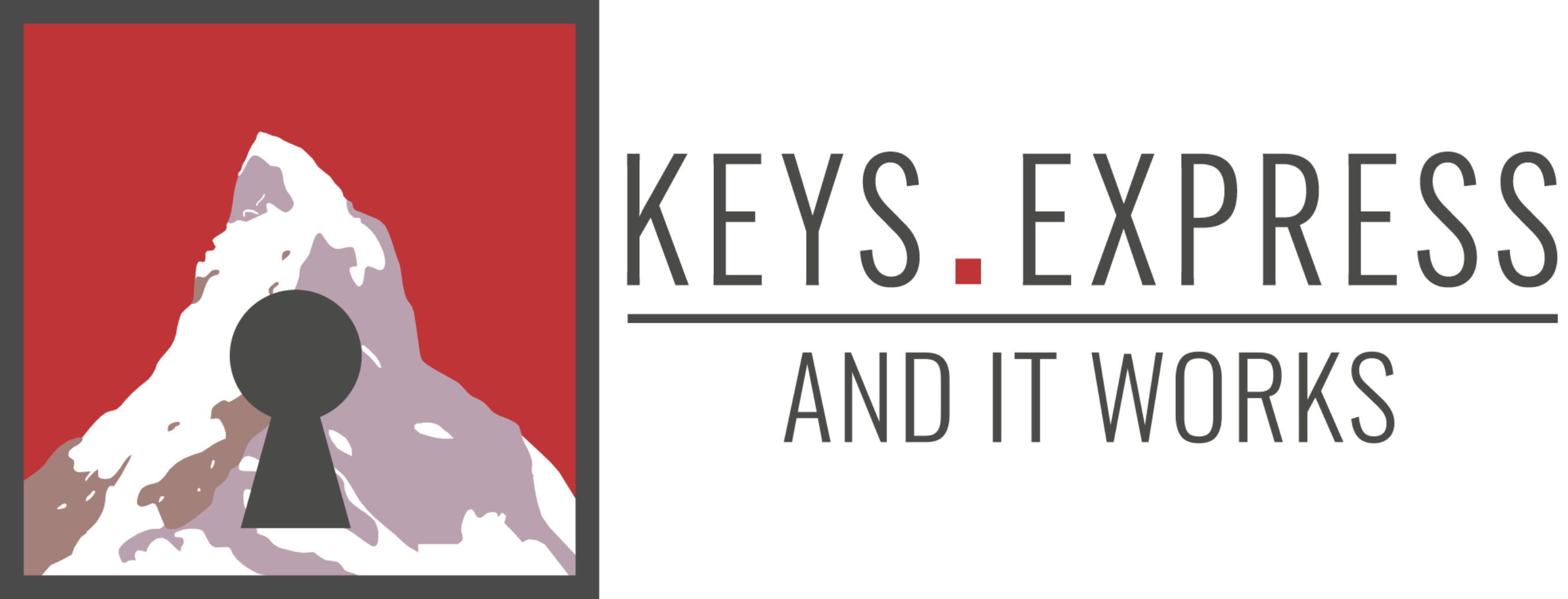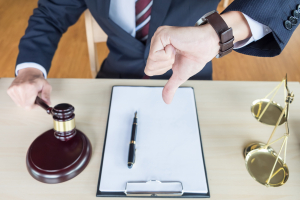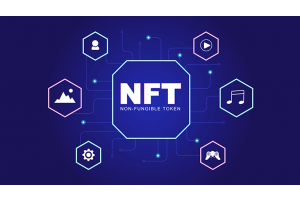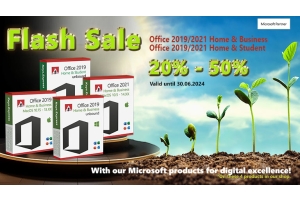Hello Guest! Welcome to Keys.Express
What is a VPN and do you need one? What is a VPN?
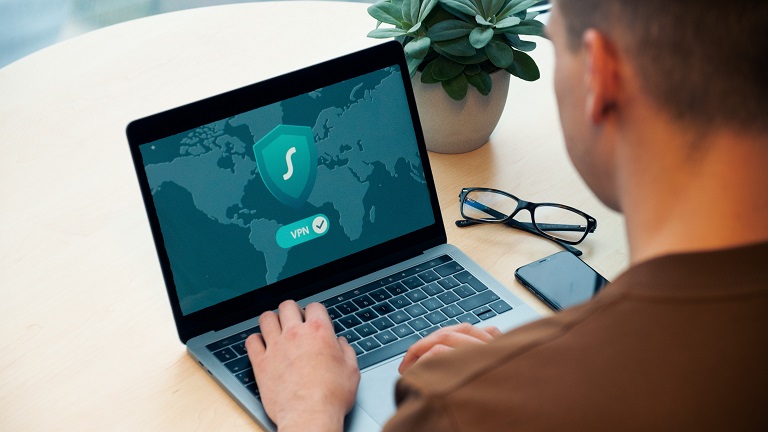
What is a VPN?
VPN stands for Virtual Private Network and when you turn it on it creates an encrypted tunnel between you and a remote server operated by a VPN service. When you are connected to a VPN, any internet traffic coming from and to your computer is routed through this encrypted tunnel masking your identity and location. All your traffic from your computer will appear to have the IP address of the VPN’s server instead of your own.
So, what does masking your identity using a VPN do for you? It prevents other users or hackers from being able to intercept your ingoing and outgoing data as well as prevents them from redirecting traffic to and from your computer to fake websites that can ultimately collect your personal information.
Hackers like to send unsuspecting users to websites that look exactly like real sites. This is a form of DNS hijacking or DNS redirection. These fake sites are sometimes really hard to tell apart from the real sites. Many times, those fake sites look like your own bank website, an online store, or healthcare website that you go to often. This familiarity feels comforting and tricks you into conducting your banking or shopping tasks as normal, all while the bad guys are collecting all your personal information.
The personal information that they can collect from intercepting your outgoing and incoming traffic as well as redirecting you to fake websites, are things like your bank account numbers, PINs (Personal Information Numbers), addresses, phone numbers, email addresses, health information, and so much more.
VPNs provide a way to create another barrier between your private data and hackers. The encrypted tunnel created by a VPN will not allow anyone to find your identity, location, or actual IP address, which in turn, makes it virtually impossible to steal your personal data.
Do You Need A VPN?
So, now that you know what a VPN is, your next question might be, “Do I really need a VPN?” Good question. My answer is a definitive “Yes”, if you like your privacy and you want extra protection against data thieves.
Using a VPN is an absolute necessity if you intend to access the internet via public or unknown Wi-Fi networks. If you travel or frequently use public Wi-Fi in cafes, coffee shops, libraries, airports, universities, or even at the houses of people you don’t know very well.
Public Wi-Fi networks are open for everybody’s use and in doing so, they are notorious hangouts for hackers. It is extremely easy for even a beginner hacker to access the laptops, tablets, and phones of people using a public Wi-Fi network. So, if you must use public Wi-Fi networks then you must use a VPN.
However, even if you don’t regularly use public Wi-Fi and only use your home Wi-Fi network, you still may want to consider using a VPN there as well.
Although, when you’re at home you don’t have worry as much about people spying on your Wi-Fi network because it’s your network and you’ve made sure by making it a password protected network, VPNs can protect you further.
You see, your Internet Service Provider (ISP) has the ability to get a lot of insight into what you do online and, in many countries, can sell anonymous data about its customers to anyone looking to buy. Yes, that’s right. The company you pay for internet access also makes money off your data. A VPN can stop this collection of your data and protect your privacy.
VPNs can also help you access websites that you might not be able to access in your current country. For example, years ago when I was traveling around the world, I could not access my PayPal account back home. This was a real problem for me because I have the ability to work all over the world and at that time, many of my clients paid me via PayPal. A VPN saved me because it allowed me to choose a server in my home country, which allowed me to access my PayPal account back home so I could get paid.
During that same trip, I discovered that I also couldn’t access my Netflix account, which meant I couldn’t watch movies and TV shows in my own language. Though only mildly inconvenient compared to not being able to access my money, it was still a bummer. Again, installing a VPN and accessing a server in my home country allowed me to enjoy some movies in my own language when I started to feel a bit homesick.
There are many more ways that using a VPN can not only protect you and your data but also allow you access to websites and content you might not be able to without one. Most VPN services are relatively inexpensive and the benefits are endless. So, yes, you need a VPN.
At Keys.Discount we have several VPN products to choose from that can get you on the road to securing your data and peace of mind. Click here to visit our Antivirus and Security Store.


